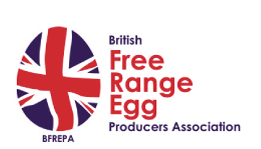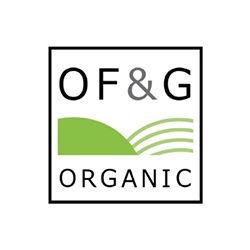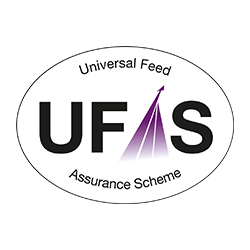Currency has firmed in anticipation of a Tory victory in the election this coming week, in part influenced by the news that Brexit party members were to back the Tories, although the real direction will be determined once the results are actually known. The pound lifted to a 31 month high.
As currency has provided little opportunity in terms of `direction’, wheat futures contracts in London and wider to the Matif and Chicago, drifted lower completing a week of sessions all ending lower. May 20 finished down £3.73 at £147/T while the Nov 20 position was down £2.25 at £155/T. The May to Nov 20 differential widened. The volumes traded were low and then only on the key contracts.
Better weather in France, has allowed their soft wheat planting to be reported to have improved to 83% completed by as of December 2, which is still well below the 99% planted figure from a year ago. Chicago wheat finished weaker on low weekly export sales. Black sea contracts settled higher with Russia’ wheat up $1 as they continue to win the battle of the exporters. BAGE reported positive progress in the Argentine planting progress, in contradiction to most areas, they report being ahead of last year at 48.7% planting progress, against 46.5% last year.
The US and China trade discussions continue the back and forth, and the tone this week seeming to focus on being more positive. China announced that it will drop tariffs on US soya beans and pork imports. China’s crushers are over the 10 Mln T limit of duty-free imports, so this would be an important step to help US soya exports to China. The effects of African Swine Fever are still evident, so there is good potential for a record amount of meat imports in 2019/20 - providing another indirect way to use US soya beans to feed the Chinese market. However, the US has not yet announced any delay to its expected increased tariffs on Chinese goods expected to hit on Dec 15th.
The premium for South American soya beans grew hugely on a report that Vicentin, an Argentine crusher with 10% market share, was short of meeting its short-term payment obligations.All market offers from Argentina were withdrawn as the shock hit.This spilled over to Brazil and the futures markets as meal supply was cut short.Prices spiked up $5 for meal with a lower gain on beans.
A WW1 German battleship has been discovered off the coast of the Falkland Islands. The armoured ship was sunk by the British navy during one of the biggest sea battles of the last century.
In November 1914, the German naval fleet overpowered the British Navy off the coast of the Falklands under the command of Maximilian von Spee at the Battle of Coronel. Over 1600 British sailors died. A month later on December 8th the British retaliated, sinking 5 German ships in the Battle of the Falklands. The battle resulted in almost complete removal of the German East Asia Squadron, Germany’s only permanent overseas naval formation. This ended raids by German warships.
Since 2014 the Falkland’s Maritime Heritage Trust has searched for the ships. It is thought that this Ship is the ruins of SMS Scharnhorst on which General von Spee and two of his sons died. It took four Autonomous Underwater Vehicles (AUVs) searching the seabed to locate the vessel, and was only discovered when one of the AUVs left its regular search path. The team were often chasing shadows on the seabed the discovery of the ship was confirmed first by the visible impact crater on sonar. The wreck lies 100 nautical miles southeast of Port Stanley and has not been touched since the battle. The site will now be legally protected. For more information…
Brought to you by Melanie Blake and Martin Humphrey





















